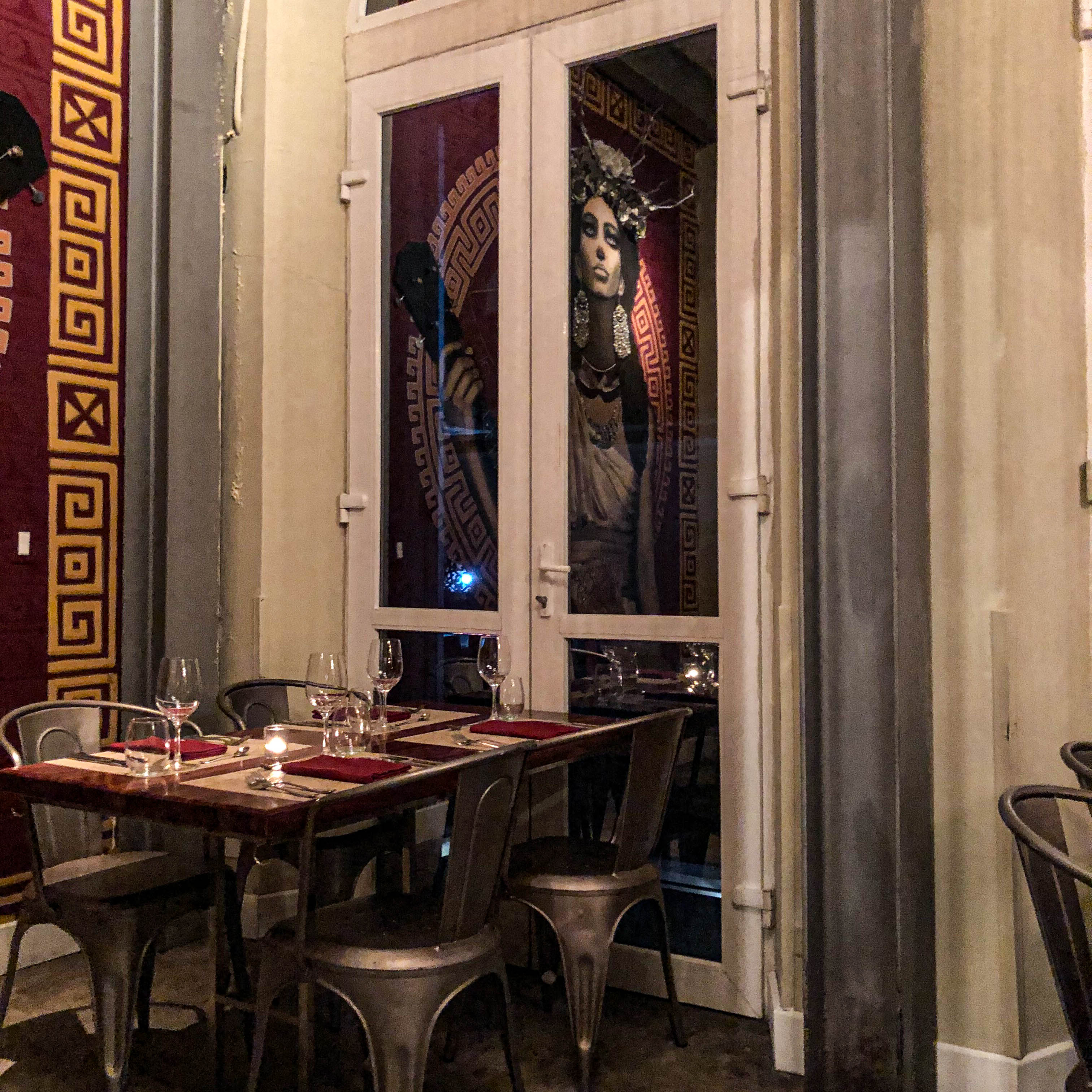

While it might be tempting to tap out a few choice words straight into Facebook’s text input box, you should be wary of jumping the gun.

But you should always stay true to your brand values and remember who your target customer is.ĭraft a version and run it by stakeholders You could use humor or unexpected language, or be slightly controversial to stand out.

Stand out from the noise and reflect your brand in an interesting but authentic way. People are more likely to engage with a brand whose voice is unique. There are many ways to differentiate your brand, and its voice reveals a lot about your core values to the reader, as well as being a way of grabbing their attention and keeping them engaged. Your bio should be consistent in tone and personality with everything else your brand puts out. A little bit of mystique goes a long way. In telling your story, show the reader what makes your restaurant unique without explicitly listing out its best features. Tell them what struggles you had to overcome, what you learned from it, and how it impacted your values. Relate your restaurant’s story to its core values. It’s a cliché these days, but you have to tell your story or people will disengage. People are hardwired to engage with stories, rather than lists of facts. Your bio should leave an image in the reader’s head of them having a great time at your restaurant. Focus on how your restaurant facilitates the making of these long-lasting memories. A memorable meal is about having a great conversation with your partner, or an epic night with your best friends. You want to offer context for the alluring experience your restaurant’s social media presence promises.įor that reason, you can’t go wrong focusing on the experience of the guest. While it’s good to mention these achievements, a great restaurant bio is also focused on translating your history and accolades to the reader.
:no_upscale()/cdn.vox-cdn.com/uploads/chorus_asset/file/7746631/IMG_6465.jpg)
The first thing most people do when they write a bio is talk about themselves, and all their greatest awards and accolades. Here are our tips to help you write a great Facebook bio for your restaurant. But what should it say? It should be concise yet packed with information that compels the reader to make a booking. Now that we’ve established what a Facebook bio is and why you need one, you’ve got to sit down and write the thing.
#Restaurant city facebook how to#
Here’s what it looks like on your Facebook page:Īnd after you click See More: How to write a great Facebook bio When users click See More, the bio appears in a floating window with the image above it. Added in 2018, it makes your bio more prominent and pairs it with a large image. The Our Story feature is a great way to make your bio stand out. The point of the bio, which sits in the About tab, is to grab the reader’s attention and keep them engaged enough to click through and make a booking, or at least, to find out more info by looking at a menu or more images. This is part of your digital storefront: a place where you can give them information, post updates and convince them to make a booking. Your restaurant’s Facebook page is where the platform’s users are going to land when they search for your restaurant or click on an ad. Although Instagram marketing is also important, according to research, guests are more likely to leave higher ratings on Facebook than any other channel. Research shows that 72% of customers have used Facebook for a retail or restaurant decision. And when it comes to restaurant marketing, Facebook is one of the most important platforms in the world.įacebook is often where potential customers begin looking for restaurant recommendations and information like opening hours and menu details. If you’re not present on the major social channels, you’re missing a huge opportunity to market your restaurant to a giant audience, drive traffic to your website, and promote direct bookings. That’s essentially what restaurant operators are doing when they ignore social media. Could you imagine opening up a restaurant and not putting its name on the front? How about if it cost you nothing to do so? It would be madness, right?


 0 kommentar(er)
0 kommentar(er)
